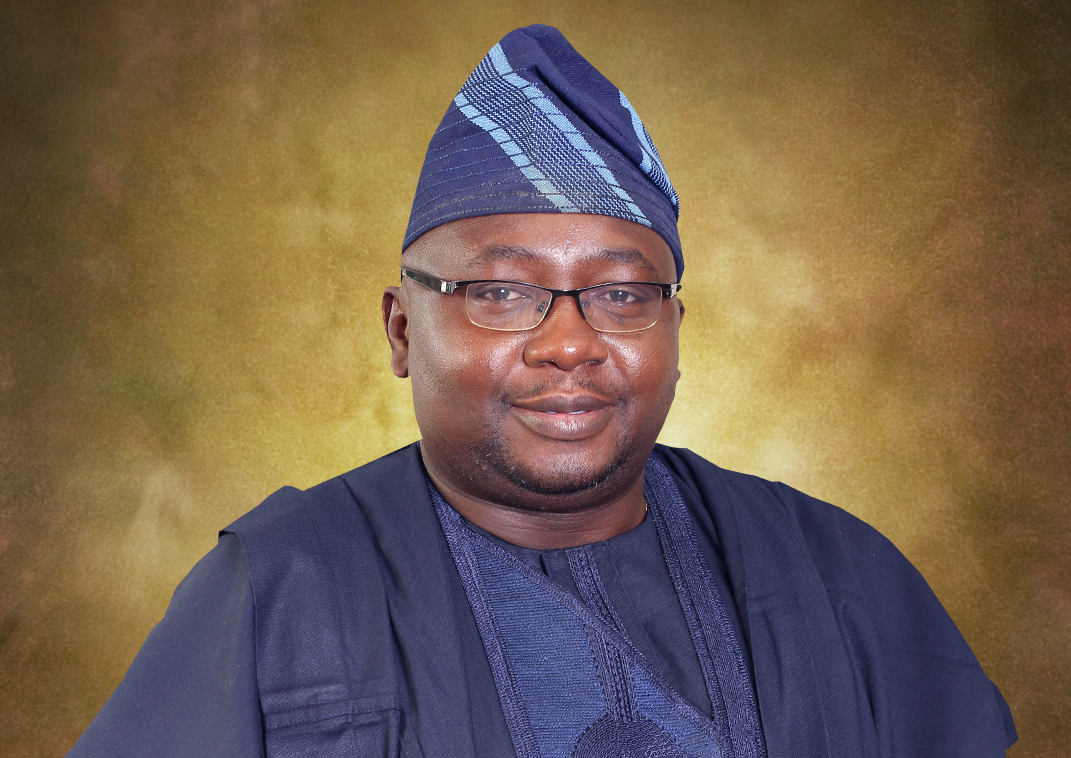The federal government has allocated N120 billion as the initial funding for the Presidential Metering Initiative (PMI). According to the May 2024 Federal Account Allocation Committee (FAAC) disbursement report by the National Bureau of Statistics (NBS), this sum was derived from April’s revenue and distributed in May.
This N120 billion represents approximately 10 per cent of the May 2024 revenue shared among the three tiers of government and 9 per cent of the N1.325 trillion projected for the PMI.
In May, minister of power, Adebayo Adelabu, announced that the government would provide an initial N75 billion as seed capital. Additionally, the Nigerian Sovereign Investment Authority (NSIA) committed to contributing at least N250 billion annually for the duration of the initiative.
The minister also mentioned that the PMI would leverage debt financing from various financial institutions to enhance its resources.
Managing director of the Abuja Electricity Distribution Company (AEDC), Victor Ojelabi, recently stated that the PMI is expected to unlock approximately N1 trillion in revenue currently trapped in the Nigerian Electricity Supply Industry (NESI) due to the high number of unmetered customers.
As part of the initiative, the Nigerian Electricity Regulatory Commission (NERC) approved N21 billion for the 11 electricity Distribution Companies (DisCos) to provide meters to end-users at no cost. This information is detailed in Order No: NERC/2024/072 regarding the operationalisation of “Tranche A” of the Presidential Metering Initiative under the Meter Acquisition Fund framework.
During his presidential campaign, Bola Tinubu promised to eliminate estimated billing and ensure all Nigerian homes and businesses are equipped with prepaid meters. However, under his administration, the number of customers receiving estimated bills has grown significantly both quarterly and yearly, according to NBS data up to 2022.
NATIONAL ECONOMY previously reported that the federal government’s plan to eliminate estimated billing by the end of 2024 faces considerable challenges, as evidenced by the recent increase in estimated billing customers across Nigeria’s electricity distribution companies (DisCos).
The Nigeria Electricity Report by the National Bureau of Statistics (NBS) for the first quarter of 2024 shows a 10 per cent quarter-on-quarter increase in estimated billing customers, widening the metering gap.
The number of customers receiving estimated bills rose from 5.83 million in Q4 2023 to 6.43 million in Q1 2024, marking a significant 10 per cent increase. Year-on-year, the rise in estimated billing customers is also notable, with an 8 per cent increase from 5.96 million in Q1 2023 to Q1 2024.
This increase occurs as the government continues to subsidise customers not on Band A, while Band A customers on estimated billing still pay based on estimation. This highlights a persistent issue in the Nigerian electricity sector: the inability to adequately meter all customers, leading to a reliance on estimated billing despite various initiatives.





